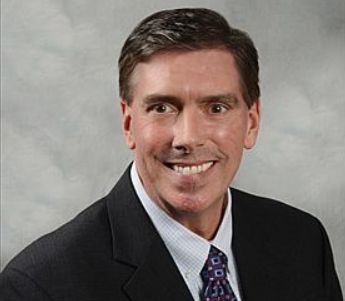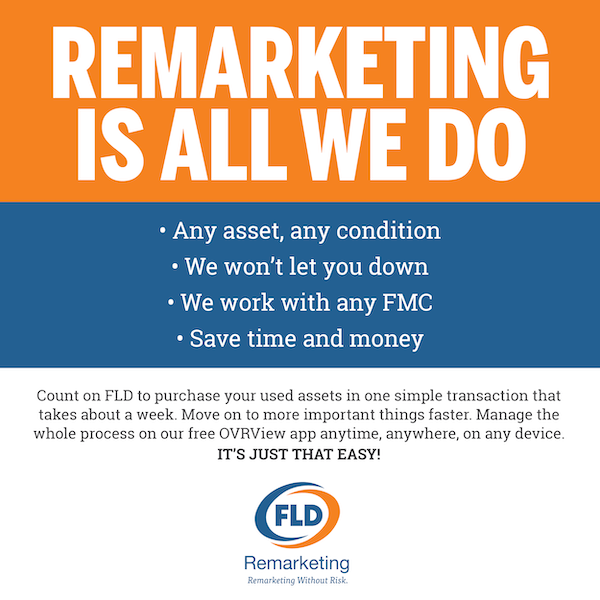
By John Wysseier, President and Chief Executive Officer, The CEI Group, Inc.
For the past decade or so, the press has been filled with stories about how difficult millennials are to manage. We’re talking about people born approximately between 1980 and 1996, and the complaints about them are legion: They lack a work ethic, question and disrespect authority, are needy, and want to be pampered.
The description sounds like a nightmare. But as a business leader for a number of years, that negative portrayal doesn’t fit. That’s not to say I haven’t come across individual employees with those traits, but I don’t think they are any more prevalent among people between the ages of 22 and 38 than they are among any other age group.
The reason I don’t share the negative perception of millennials is because I’ve seen a very different type of millennial.
First, let’s cite some statistics. Today, millennials constitute the single largest block of employees, accounting for 36 to 38 percent of the total U.S. workforce. By 2025, some estimate they’ll account for as much as 75 percent of it.
Yes, millennials are different from previous generations, but in ways that should excite businesses. For one thing, they’re the most highly educated generation in U.S. history: a higher percentage of them have graduated from high school, as well as attended and graduated from college, than any generation before them. They’re also the most tech-savvy generation, many having never known a time when the Internet didn’t exist. Put these two facts together, and it’s no wonder that they want full information and expect the companies they work for to be more transparent, responsive and forward-thinking.
Gallup offered some clues as to how companies could make them more dedicated and engaged, finding:
• 72 percent of millennials who strongly agree that their managers help them set their performance goals are engaged.
• Nearly 70 percent are also engaged when their direct managers help them prioritize their tasks and responsibilities.
I have to cite my current company, CEI, as an example. CEI has been named as one of the best places to work in the Philadelphia area or the state three times, and twice cited as a “psychologically healthy workplace”.
When I read lists of what millennials want and need, I asked myself if they seemed unrealistic. Here are some of their biggest concerns:
• Open and frequent face-to-face communications with their managers.
• A workplace culture that emphasizes and rewards teamwork and creativity, not just output statistics and results.
• Thorough training that demonstrates how their role supports the company’s strategy and goals.
• Mentoring and coaching that prepares them for advancement in their careers.
• Flexibility for employees to achieve work-life balance, including the ability to work on a “flex-time,” job-sharing and remote access basis.
These are all values that add to work-life balance and a feeling of fulfillment in the workplace – something we all want, regardless of age. I believe the best companies already do these things, which is extremely valuable when considering how expensive it can be to train new employees. A new hire costs 1.25 to 1.4 times the base salary for the position, all while their productivity takes time to ramp up. Simply put, businesses cannot afford to continue with the status quo, or this highly educated and skilled sector of the workforce will move on to other companies that have adapted to these needs.
When we think of disruptive leadership, it can be easy to think only in terms of how technology can disrupt, but disruption can also mean changing the business culture. I urge any leader holding on to a negative view of millennials to embrace these change agents who are more likely to question accepted practices, to disrupt the status quo, and to help take the company to the next level.
Browse previous Disruptive Leadership Columns

